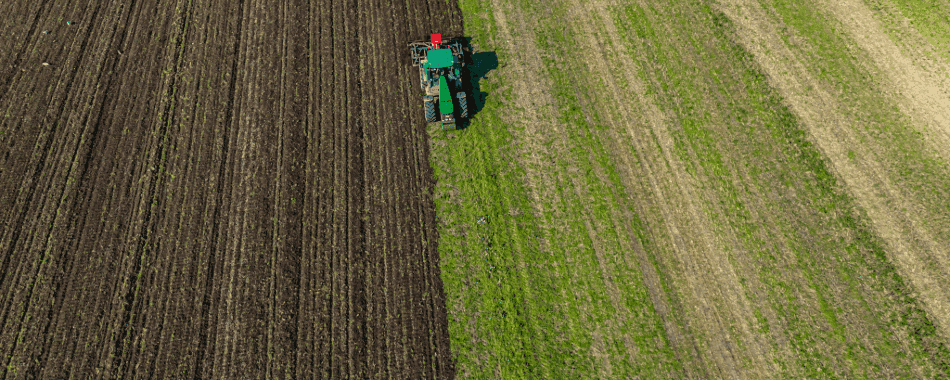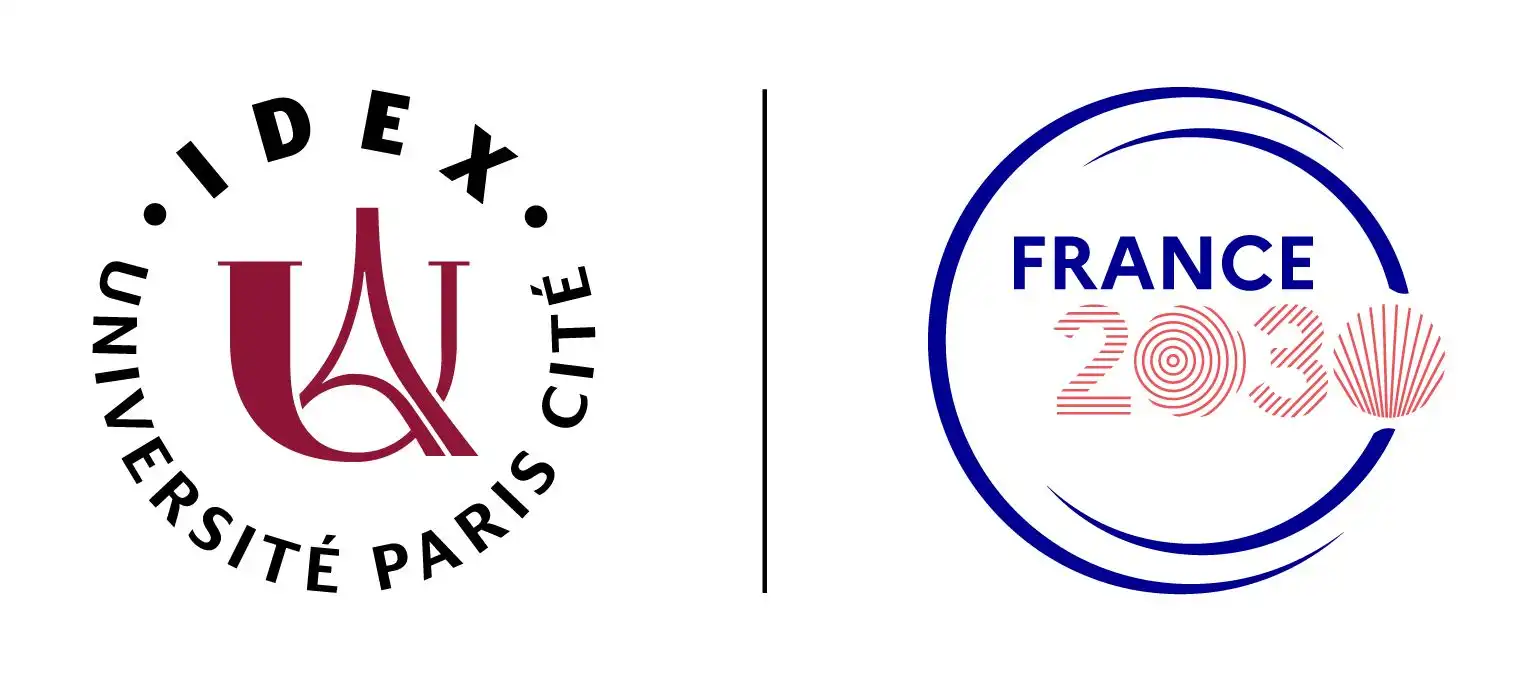Home>Fair and Secure Transition

01.10.2025
Fair and Secure Transition
LIEPP, the DGCS, and six partners are launching a call for contributions on the theme of just transition initiatives that help strengthen the protective dimension of social security.
This project aims to build on local innovations that allow us to rethink the future of social protection in a context shaped by the dual demands of ecological transition and justice. The approach involves identifying and analyzing such innovations implemented at different territorial scales and evaluating their potential for wider adoption. The call is open to both researchers, whose theoretical analyses or case studies could be submitted as scientific articles, and local authorities and associations, encouraged to share evidence-based reports of implemented experiments, accompanied by observational or evaluation data, allowing for an initial assessment.
Timeline
- The call for contributions is launched in September 2025 and will remain open for three months.
- Optional expressions of interest can be submitted by October 15.
- Final contributions are due by November 30.
- Final decisions on selection will be communicated by January 15.
- The goal is to organize an event (conference or seminar) in June or September 2026, likely followed by a publication.
Requirements for submissions:
Expressions of interest (optional, by October 15) should include:
- Title
- Name(s) of author(s)
- Proposed research question
- Indicative bibliography
- Summary of the work to be submitted
- Maximum length: 2 pages, Times New Roman, 12 pt
Final contributions (due November 30) should include:
- Title
- Name(s) of author(s)
- Abstract in French and English (maximum 750 characters, including spaces)
- Main text (maximum 50,000 characters, including spaces)
- Bibliography
Submissions should be sent to: dgcs-transitionjuste@social.gouv.fr
Context
Reflection on a just and secure transition starts from the observation that social protection is increasingly failing in its primary role: securing livelihoods. Today, it tends to reorganize around targeted, conditional, and one-off interventions, while the model of integrated employment weakens. This situation fosters a diffuse sense of fear for the future, concerns about downward mobility, and social isolation, exacerbated by budgetary constraints on some households and the weakening of public services. In this already fragile context, ecological challenges are often perceived as an additional threat, synonymous with restriction and insecurity.
This call for contributions aims to shift this perspective: rather than seeing ecology as a constraint, it seeks to highlight initiatives that, by integrating environmental concerns, stabilize and secure life trajectories. The local dimension plays a central role, as inequalities are increasingly defined territorially (pollution, resource tensions, natural disasters). Many solutions are driven by associations, citizen movements, or local authorities, and merit study to understand their impact on social cohesion and population protection.
Ultimately, this initiative aims to reflect on a new social protection system capable of fully integrating socio-ecological risks. It invites exploration of how social action can evolve to reinforce its protective role: development of green economy training, integration with employment and social inclusion policies, local food initiatives, green mobility projects, or even “green social work” experiments. Public services themselves can regain legitimacy by integrating the effects of climate change.
The call therefore encourages contributions that document these initiatives, using qualitative approaches to capture their effects on individual trajectories and on collective perceptions of social and ecological security.

